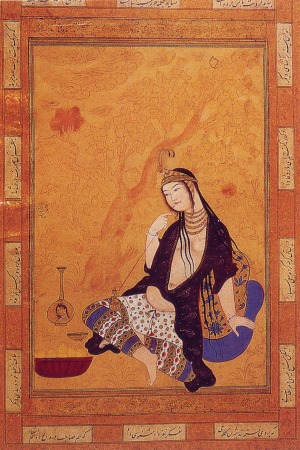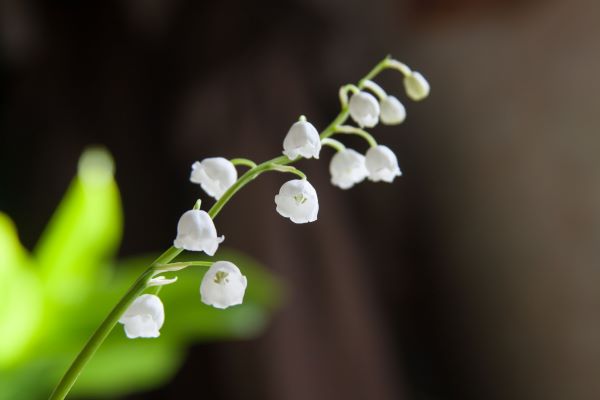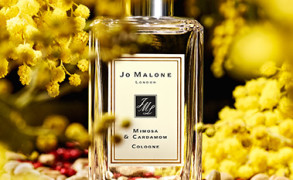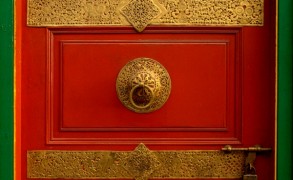In Search of Dark, Opulent Musk
“Bring, bring that musk-scented wine! That wine is the key to joy, and it must be mine…” The medieval Persian reader scanning these lines by the 12th-century poet Nezami* would have understood instantly the subtle nuances of the word “musk.” Since natural musk was black, the reader would have envisioned a dark potion. Also, musk was considered the most sumptuous and alluring of scents, and musk-scented wine would surely be a libation to intoxicate one to the point of ecstasy. Most importantly, however, musk evoked seduction and passion, and in Nezami’s masterpiece about star-crossed lovers, Layla and Majnun, musk is the scented leitmotif.


The topic of my new FT column, In Search of Dark Musk, is the dark, intoxicating musk, and I search for a perfume with such a character. No white musks, clean musks or baby-skin musks will do. I want a musk that smolders and that would have been as close as possible to the kind of fragrance the Persian poet described.
The FT link is no longer active, but you can read about the results of my search here, and of course, I look forward to reading your ideas on a perfume that smells dark and musky.
*Nezami or Nizami, Hafez or Hafiz? The Persian reading of these poets names’ is Nezami and Hafez, with a short “e”. Nizami and Hafiz is an old-fashioned spelling, which still tends to be preferred by Western academics.
Image via FT; Persian miniature

















Aurora in Recommend Me a Perfume : April 2024: I don’t think they differ widely in scent, the EDT is punchier and a bit brighter in the top notes and the EDP clings more to the skin and lasts… April 26, 2024 at 2:27pm